
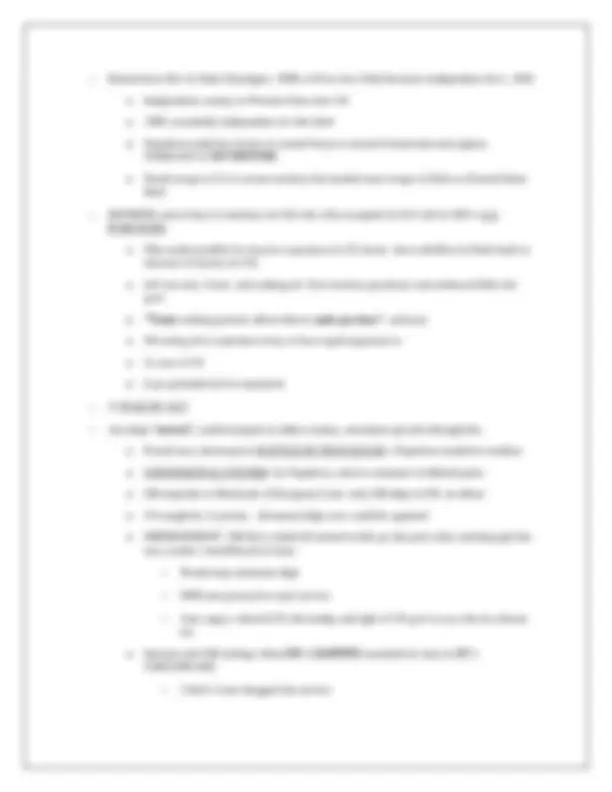
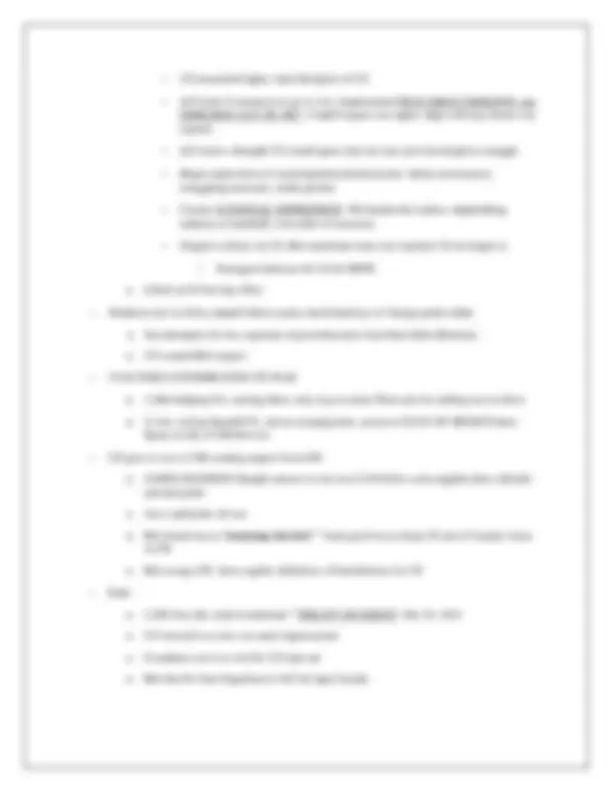
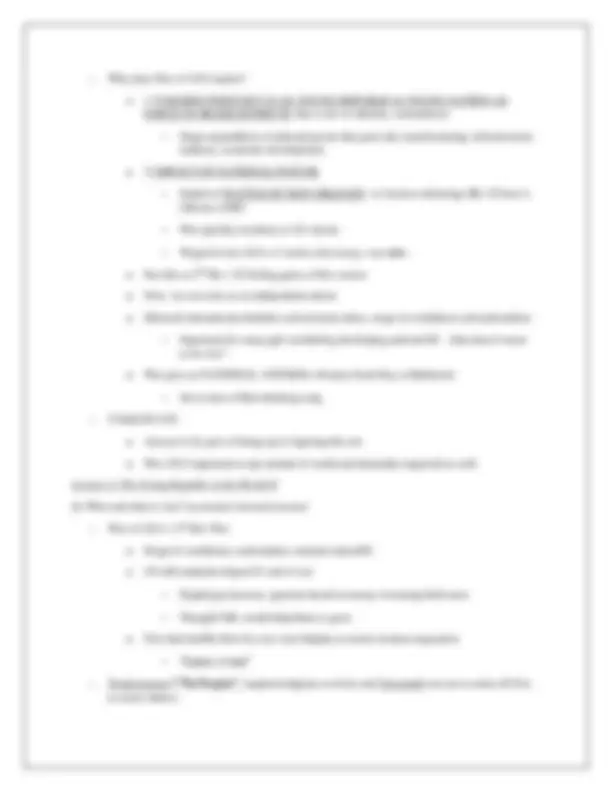
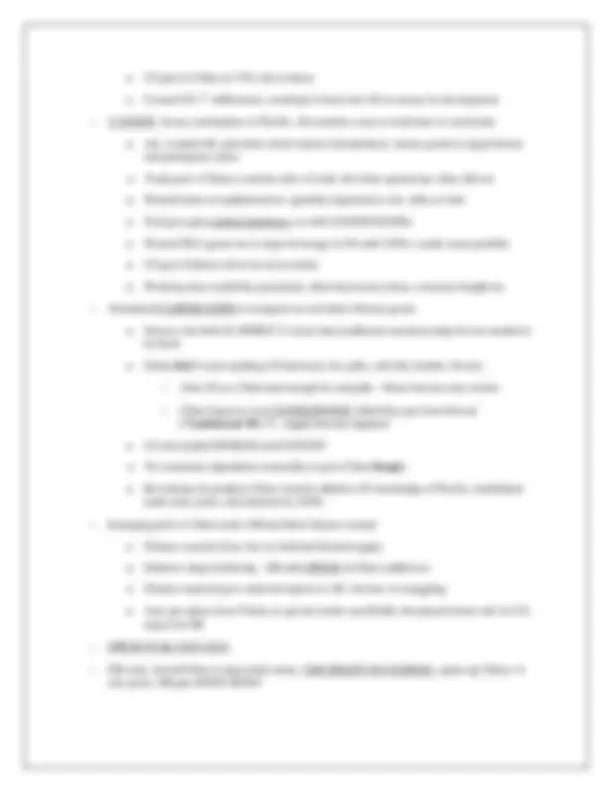
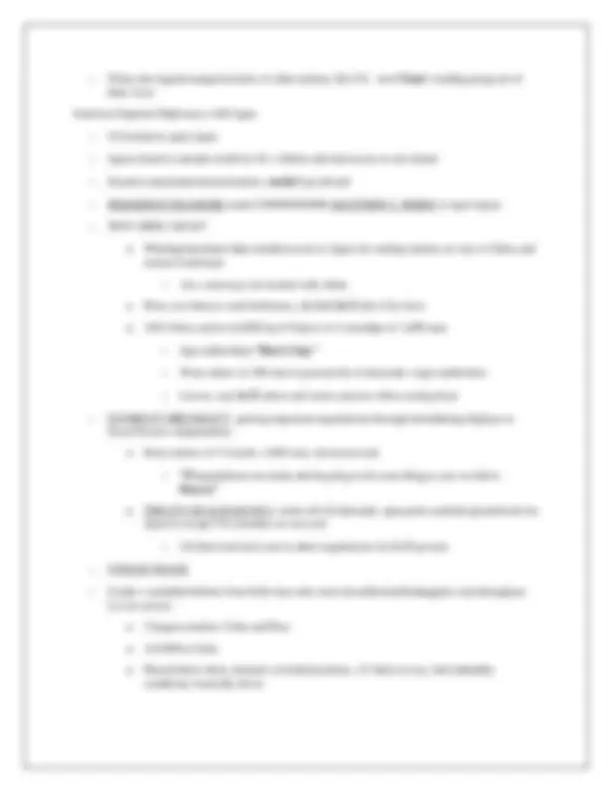
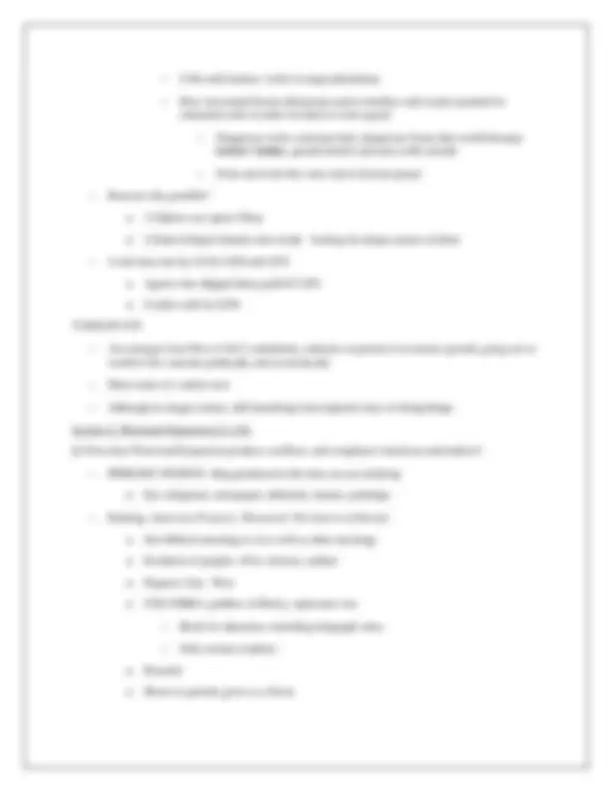
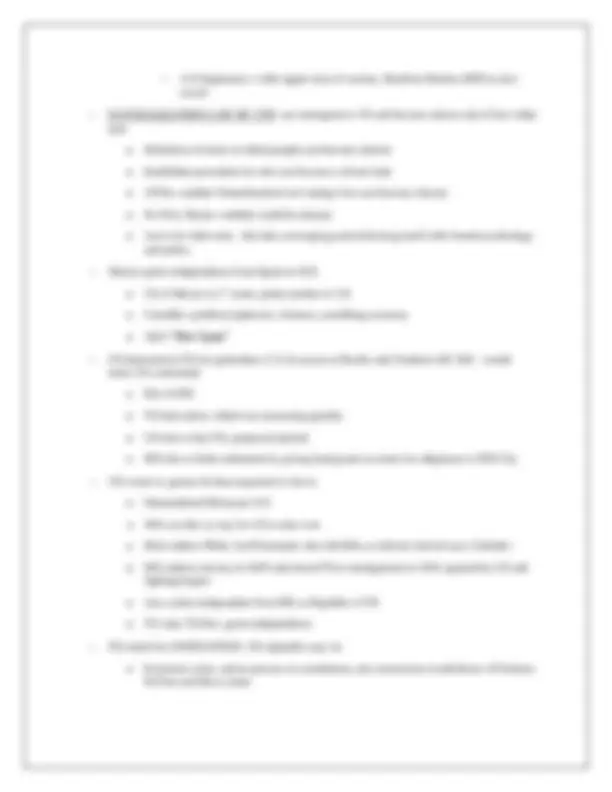
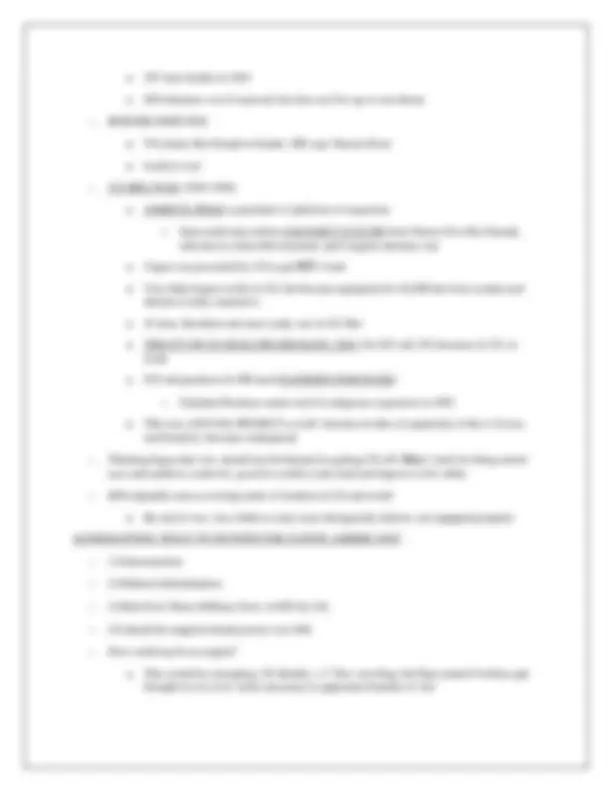
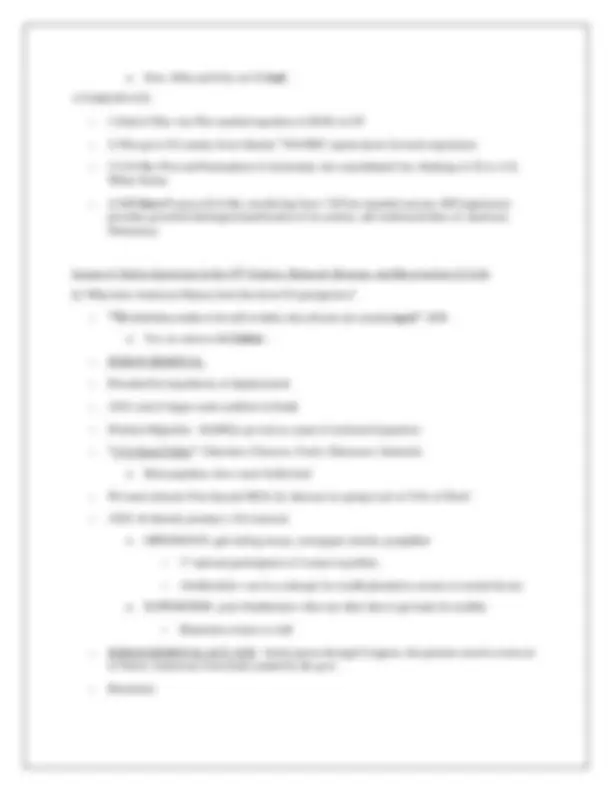
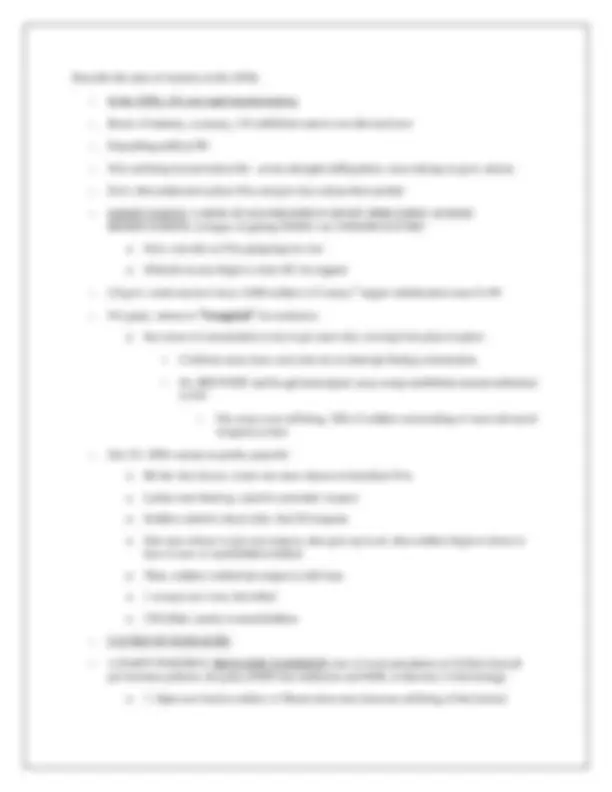
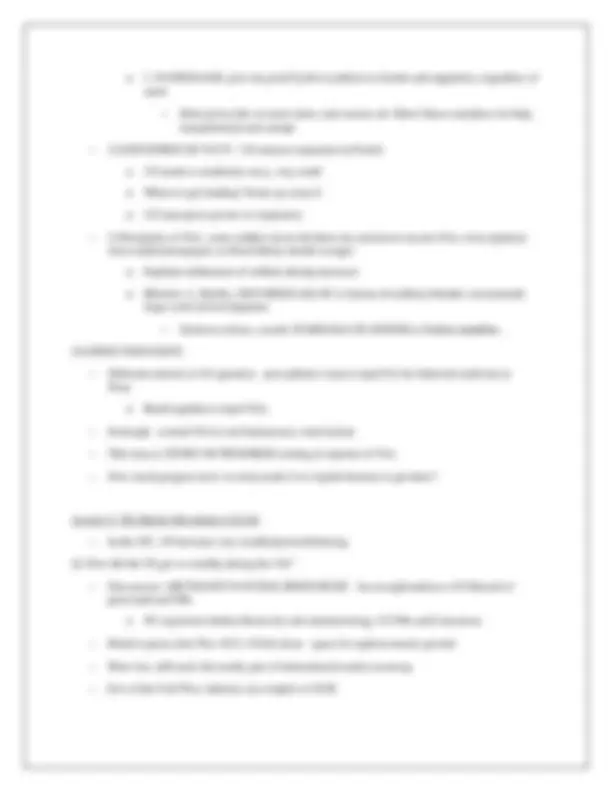
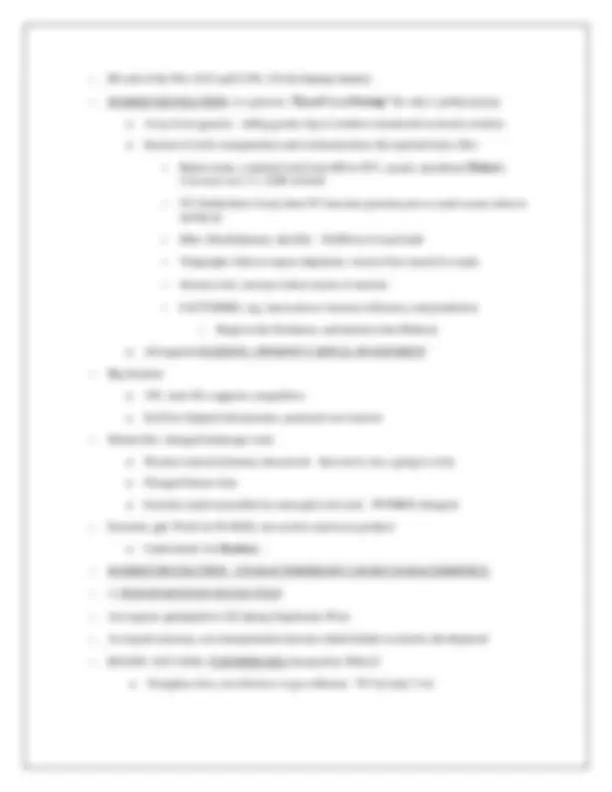
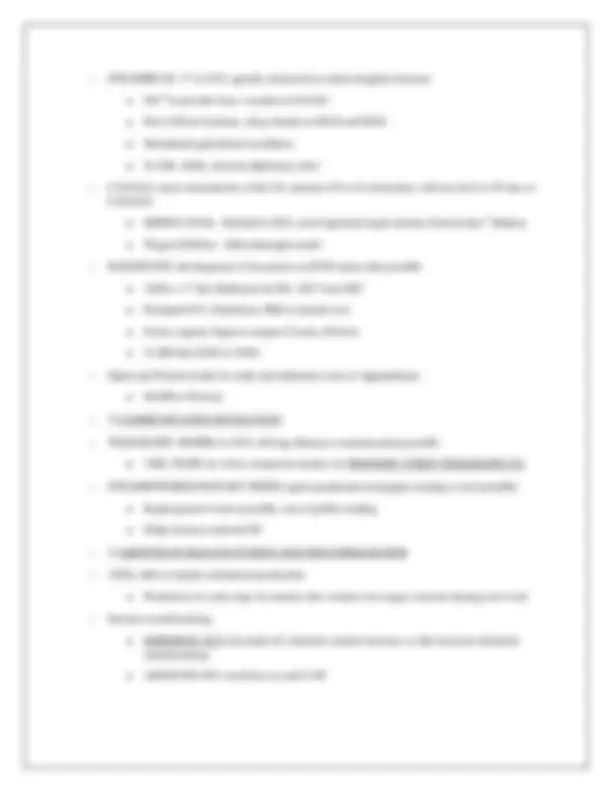
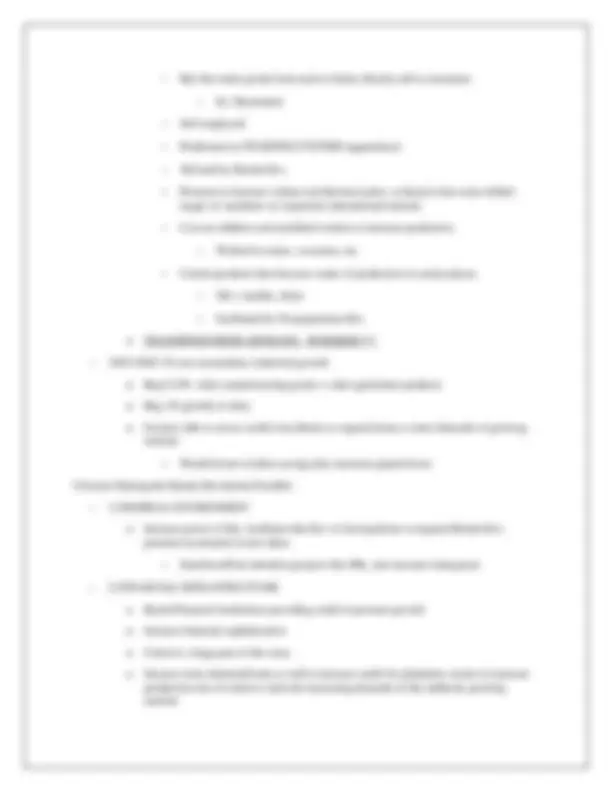
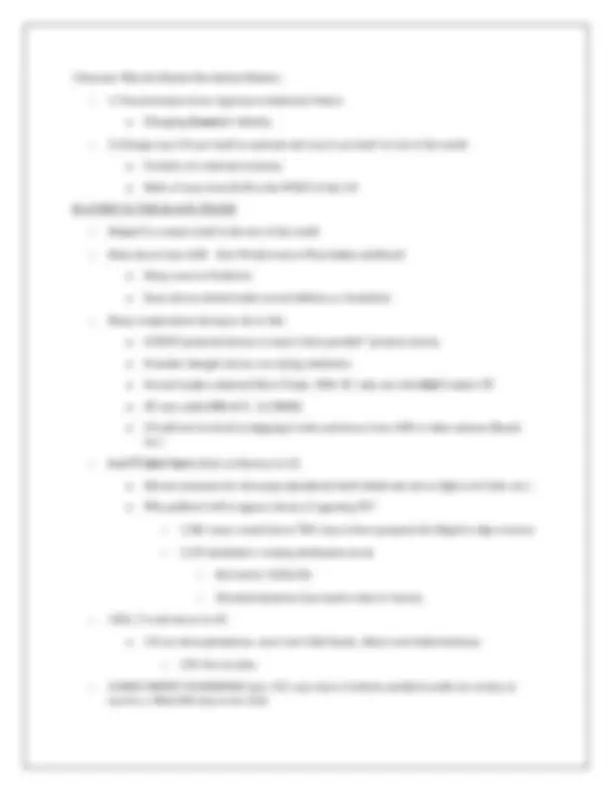
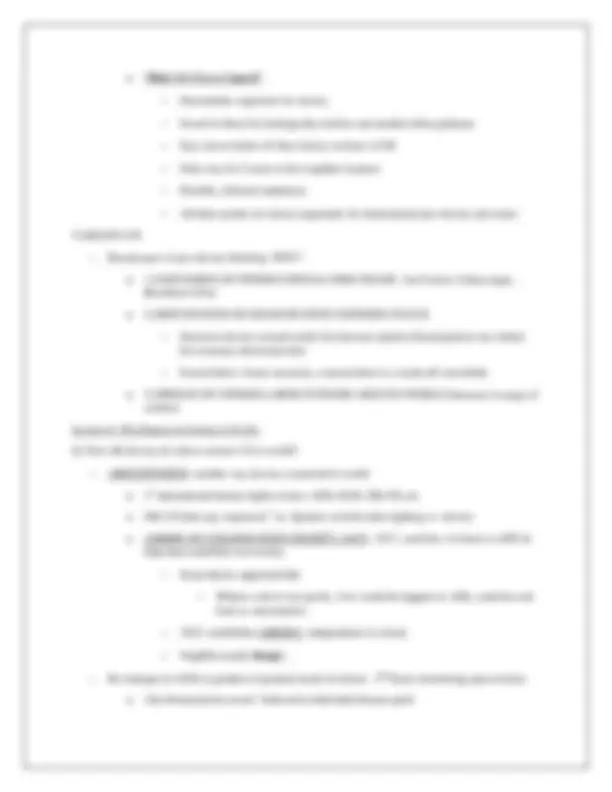
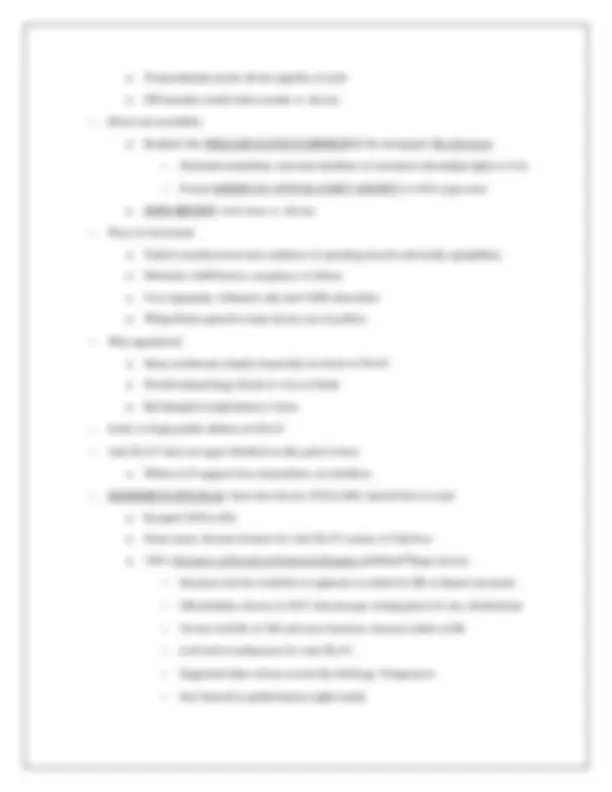
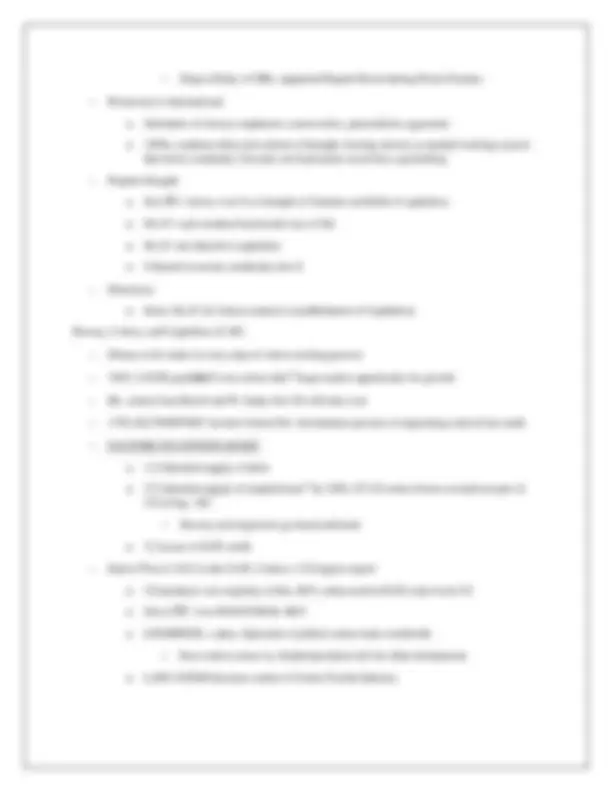
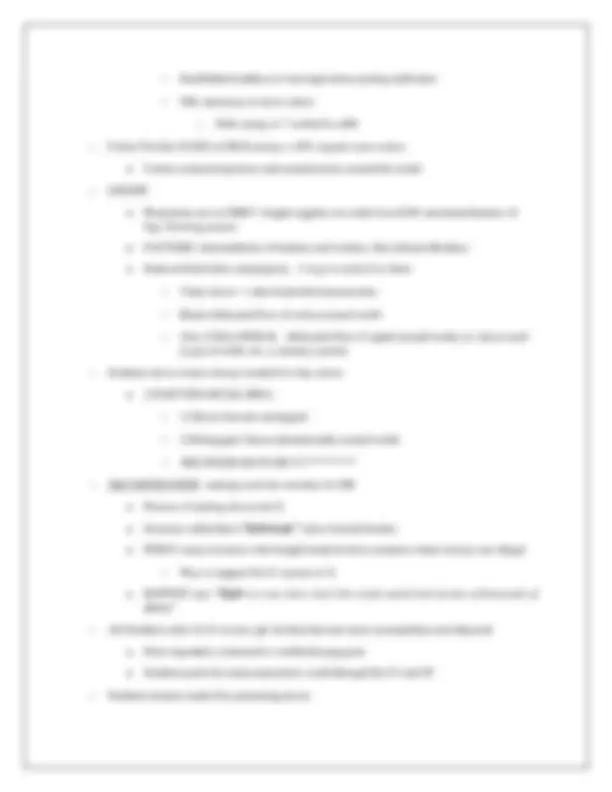
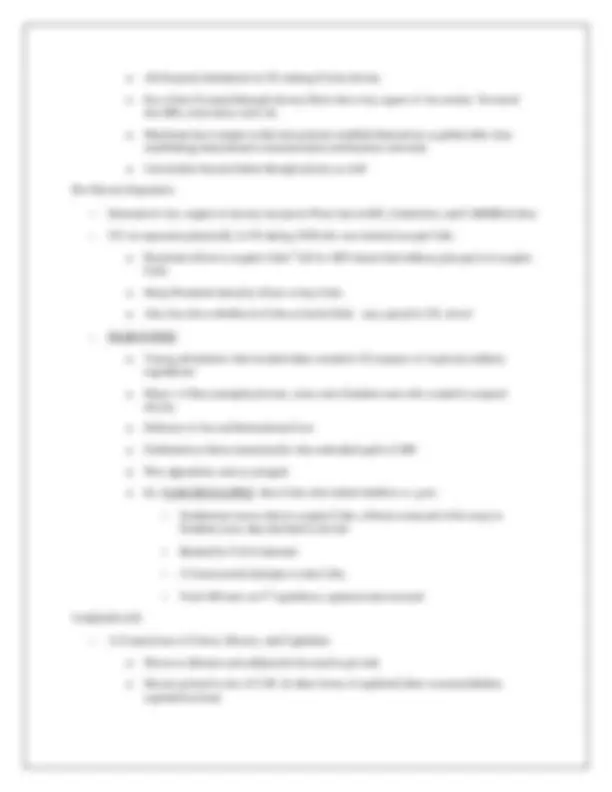
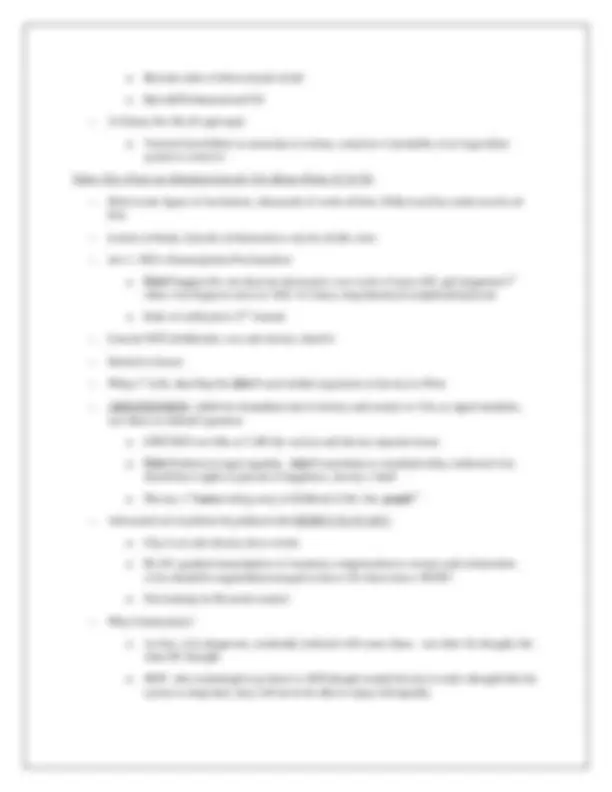
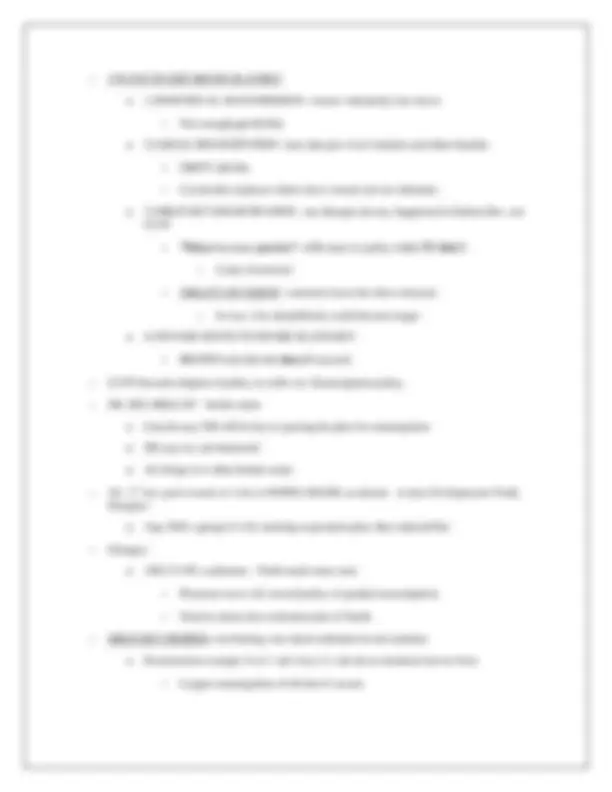
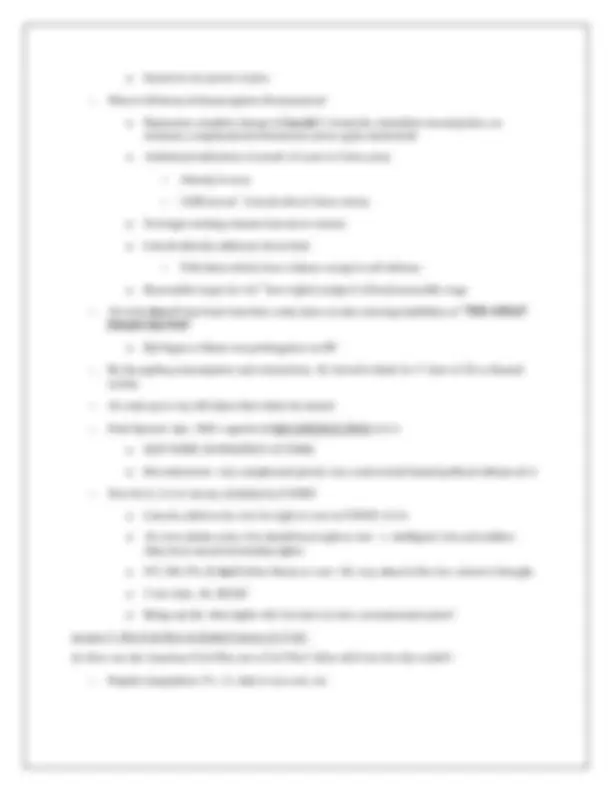
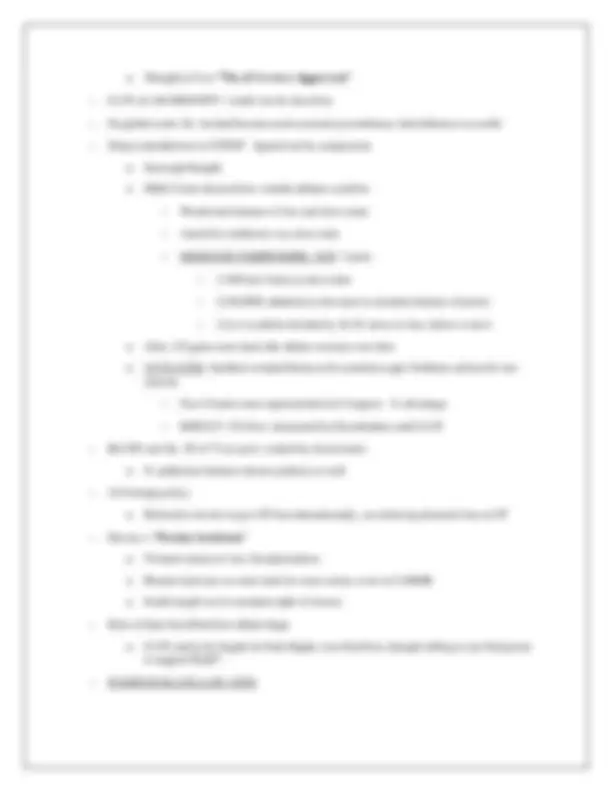
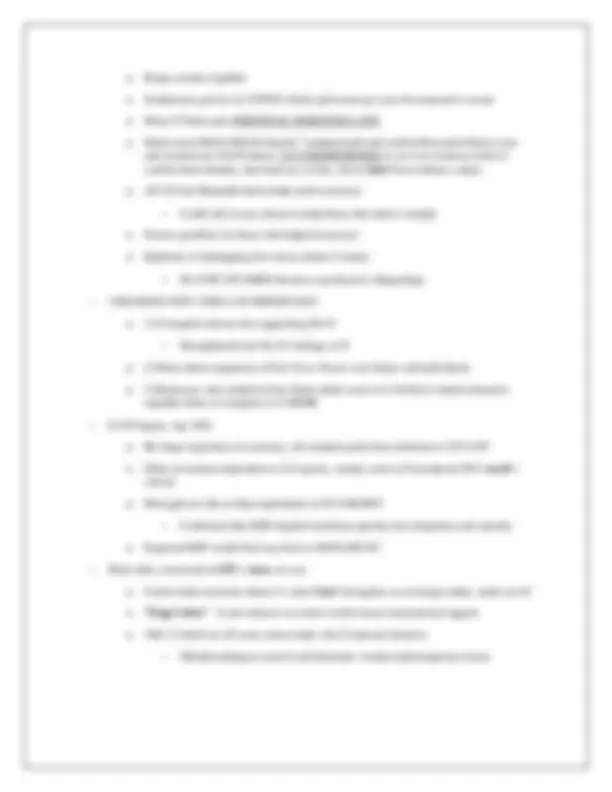
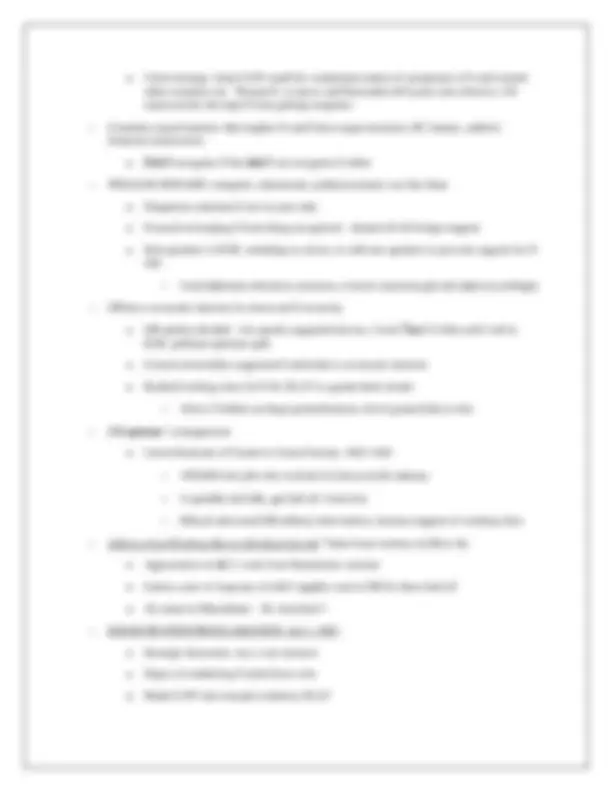
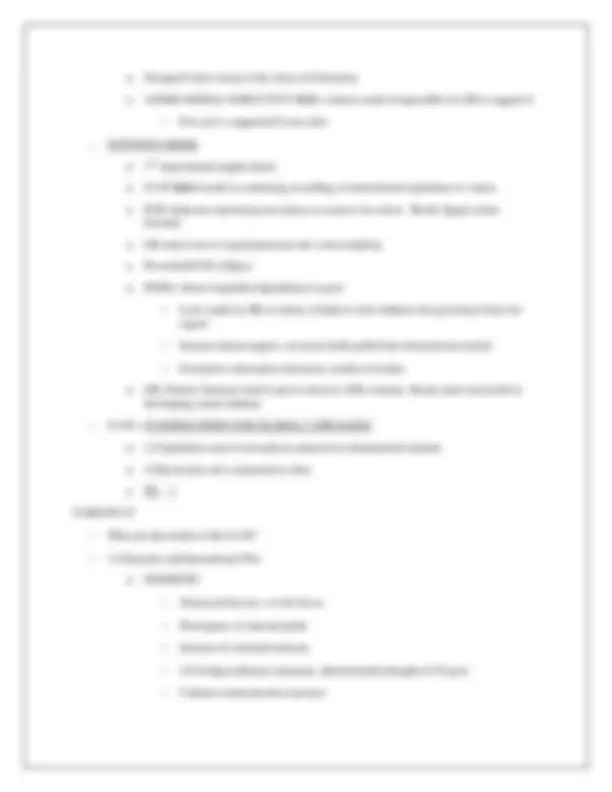
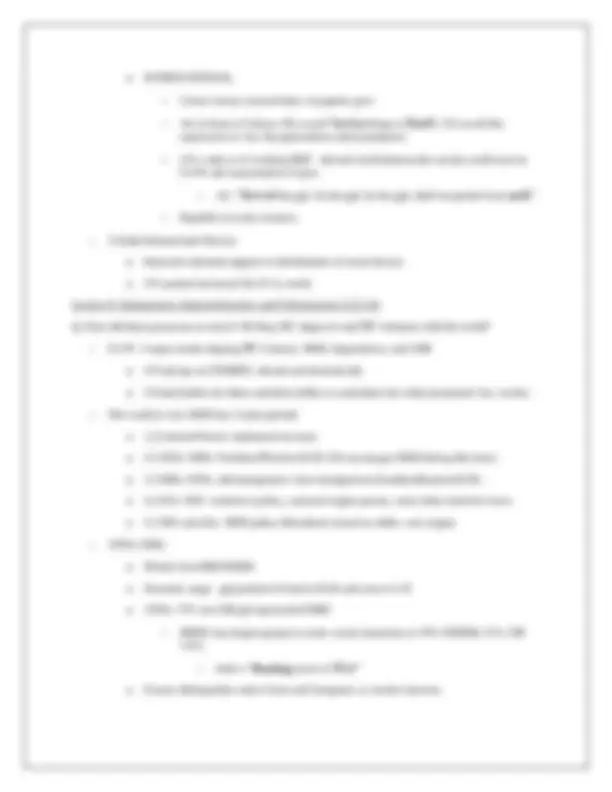
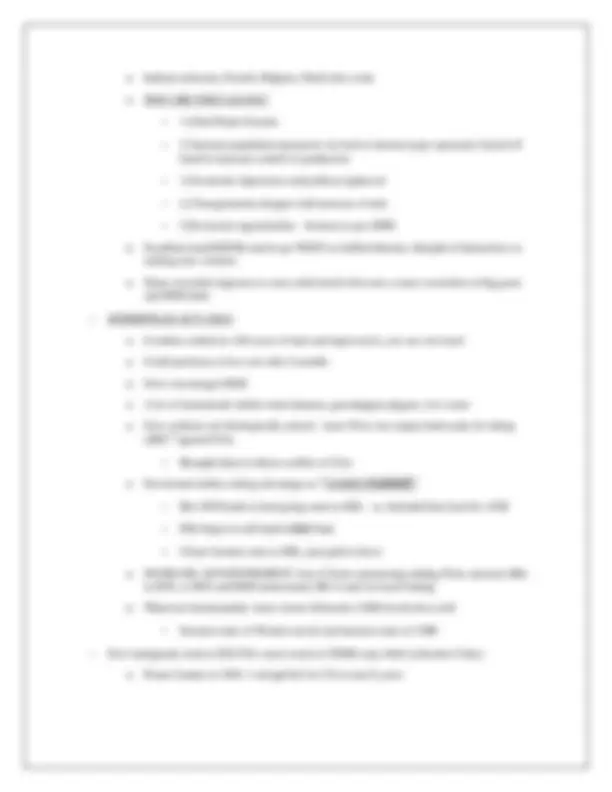
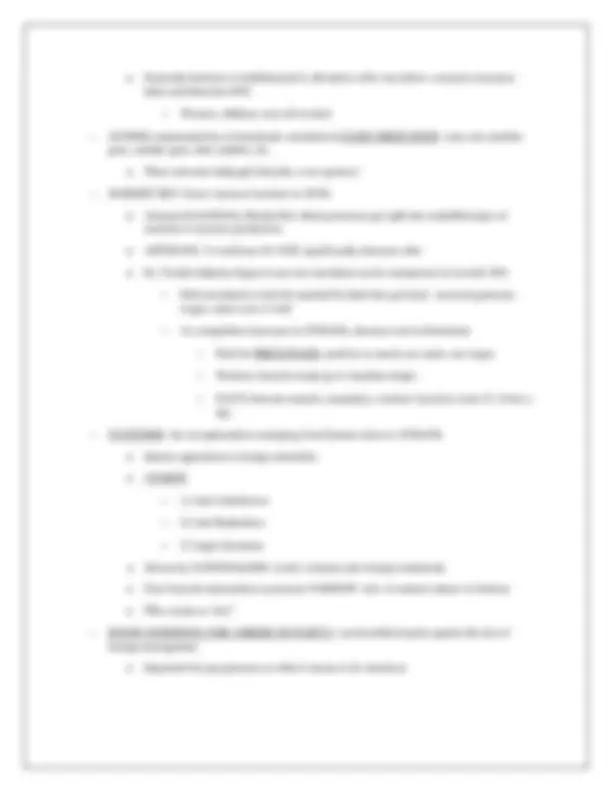
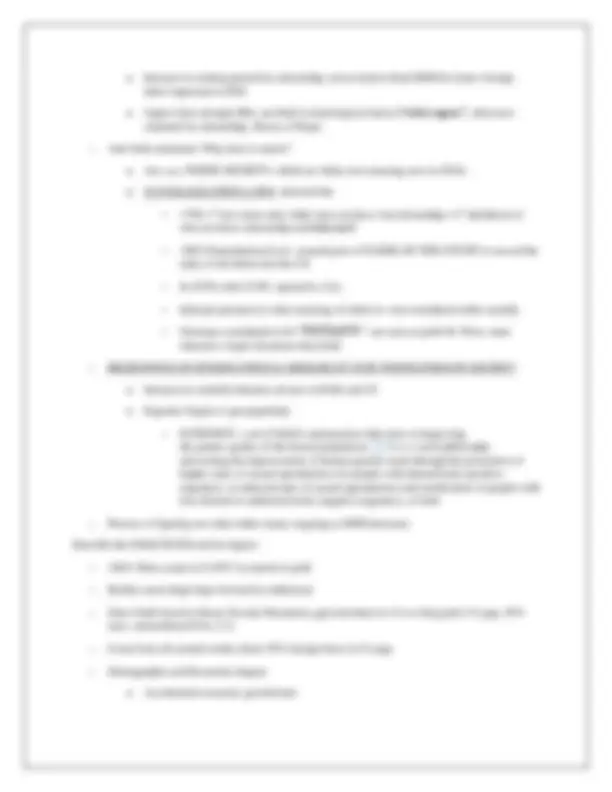
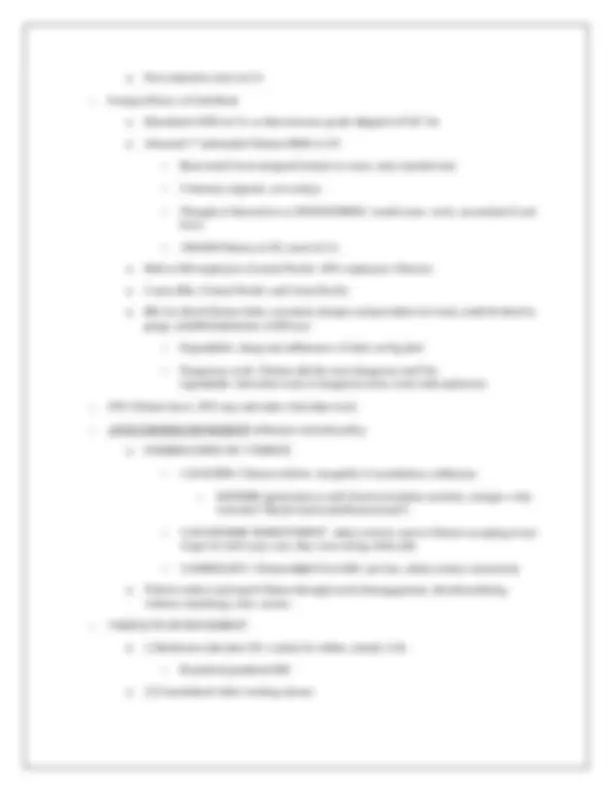
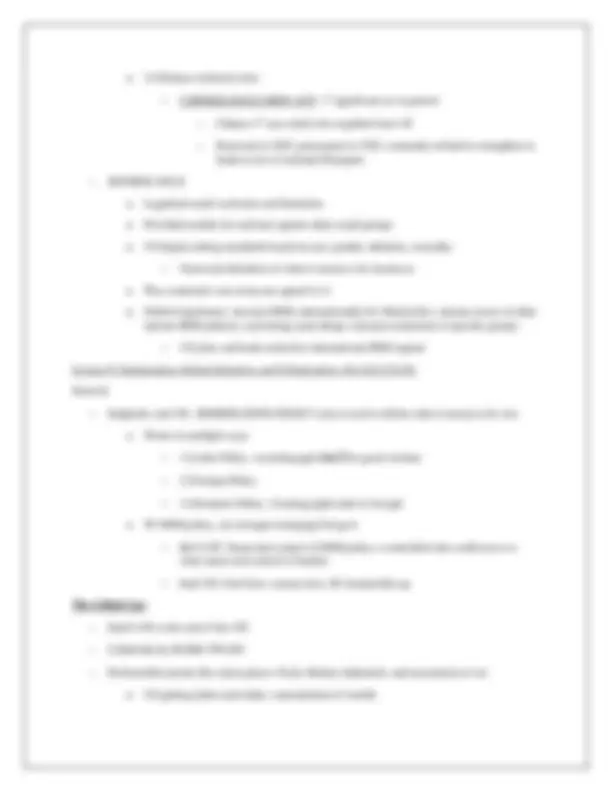
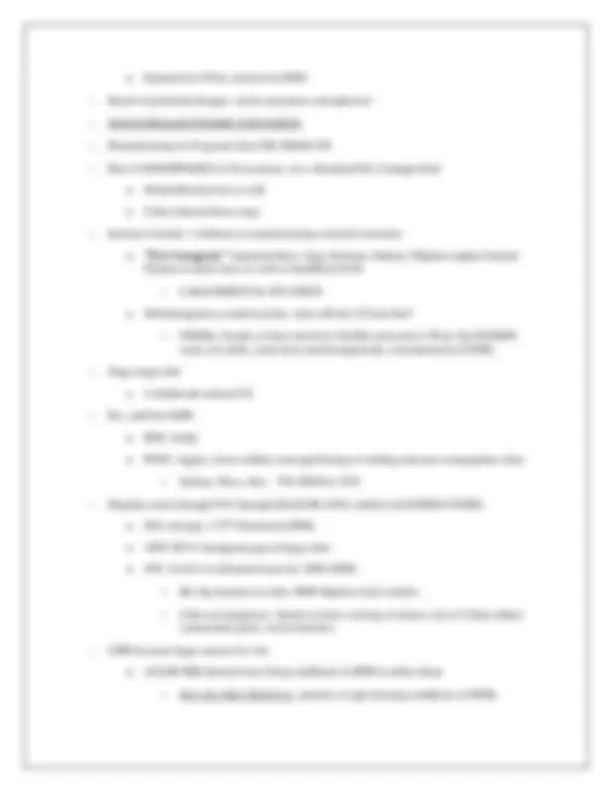
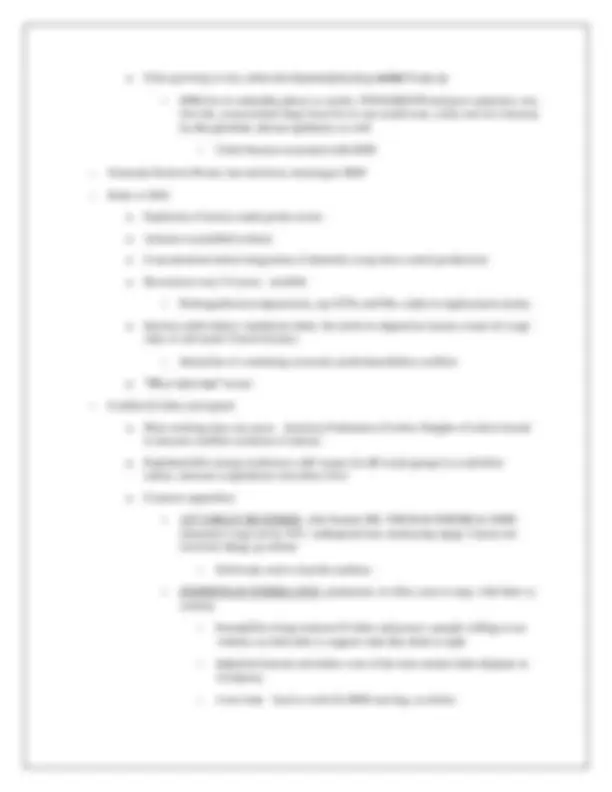
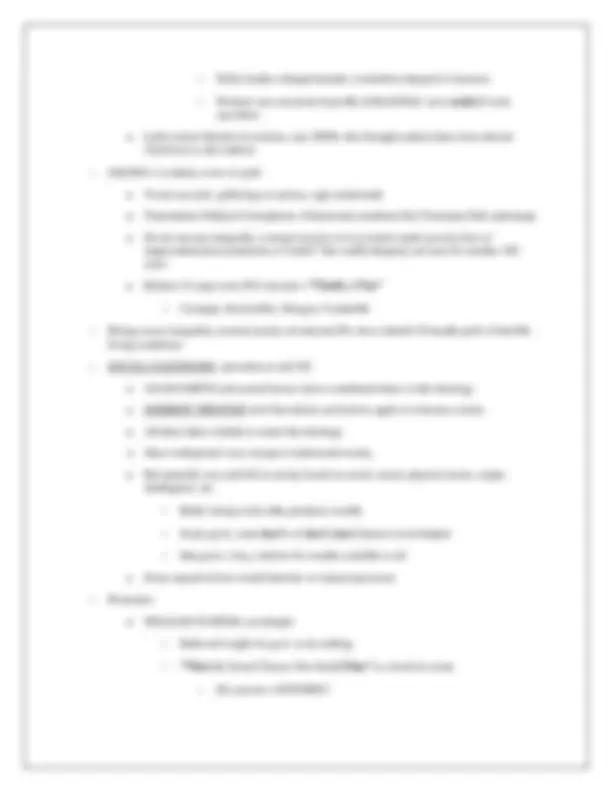
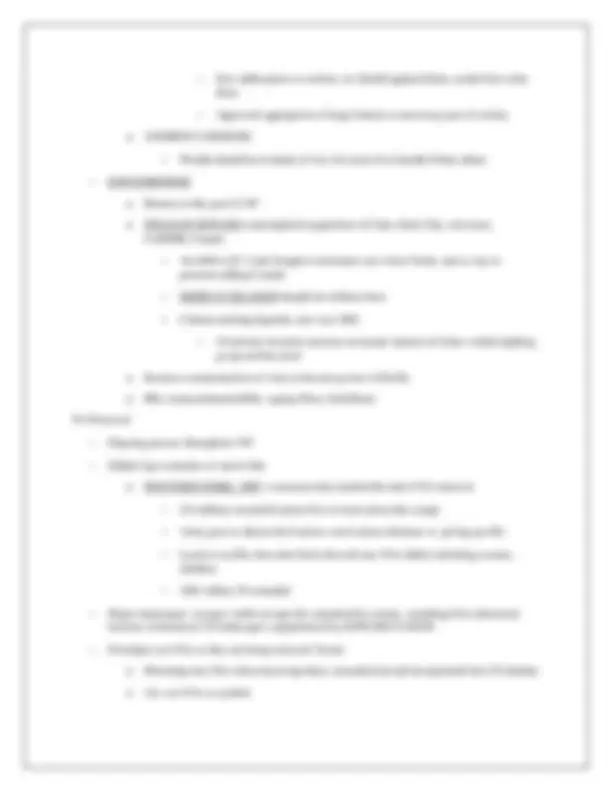
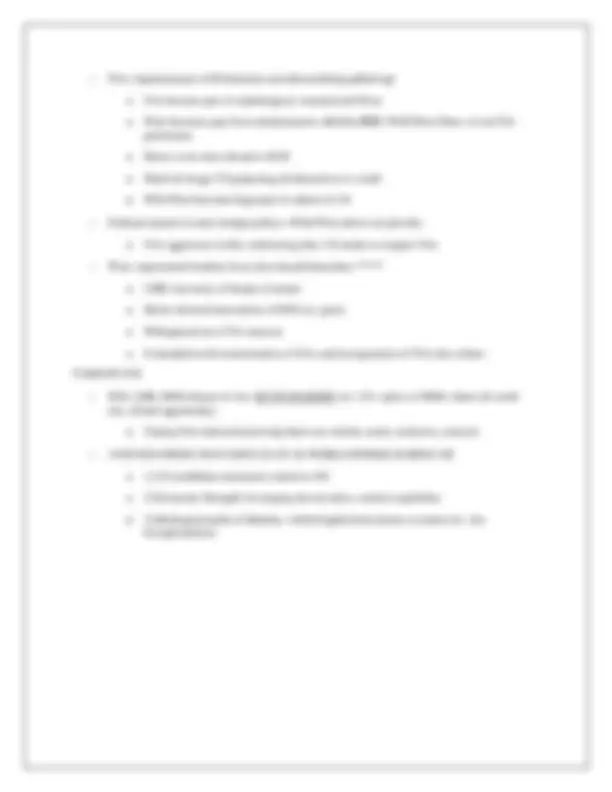


Study with the several resources on Docsity

Earn points by helping other students or get them with a premium plan


Prepare for your exams
Study with the several resources on Docsity

Earn points to download
Earn points by helping other students or get them with a premium plan
Community
Ask the community for help and clear up your study doubts
Discover the best universities in your country according to Docsity users
Free resources
Download our free guides on studying techniques, anxiety management strategies, and thesis advice from Docsity tutors
The significance of treaty-making powers and wars in american expansion, focusing on the war of 1812, perry's expedition to japan, and the impact of these events on us-european relations and the emergence of american exceptionalism. The text also discusses the coolie trade, the end of the mex-am war, and the beginning of chinese immigration.
Typology: Exams
1 / 46

This page cannot be seen from the preview
Don't miss anything!







































Class Introduction What are the 3 themes of this class?
▪ Form of democracy that says every individual has unalienable rights that cannot be voted away
▪ US reasserted rights, total disrespect of US ▪ Jeff knew 0 resources to go to war, implemented PEACABLE COERCION, aka EMBARGO ACT OF 1807 - if can’t respect our rights, ships will stay home—no exports ▪ Jeff naïve—thought US would agree, but not case, just forced ppl to smuggle ▪ Began supervision of coast/regulation/enforcement drain on resources, smuggling increases, media protest ▪ Creates NATIONAL DEPRESSION- NE hardest hit (sailors, shipbuilding industry at standstill, even talks of recession ▪ Negative effects on US, Brit merchants took over markets US no longer in
o 4] If EUR nation tried to control other nations in West Hem, is hostile act vs. US
o US gets to China in 1784, late to hame o Created US 1 st^ millionaires, would put it back into US economy for development
▪ Cuba and Jamaica- work on sugar plantations ▪ Peru- harvested Guano (bird poop used to fertilize soil) in pits [needed for exhausted soils in order for them to work again]
o Painting in 1872, has already acquired all continental places ▪ Transcontinental RR complete in 1869, economic prosperity Describe the role of the concept of MANIFEST DESTINY in Westward Expansion
▪ A-S Supremacy = elite upper crust of society, Manifest Destiny (MD) is also racial!
o 28 th^ state finally in 1845 o MX threatens war if annexed, but does not live up to own threat
o Fierce resistance by Cherokee lead by JOHN ROSS, begin to appeal to the courts ▪ Cherokees win 2 SC cases ”you are sovereign nation w/ rights to self-govt” o GA refuses to accept this puts all Cherokee land into lottery and give it to citizens o States opposing SC, crisis begins—threatening very nature of Rep and CONST o Many allies go vs. Cherokee, say to give up
o 2 - PATRONAGE: give out good-$ jobs in politics to friends and supporters, regardless of merit ▪ Most given jobs on reservation, start rumors ab. Ghost Dance and pleas for help, inexperienced and corrupt